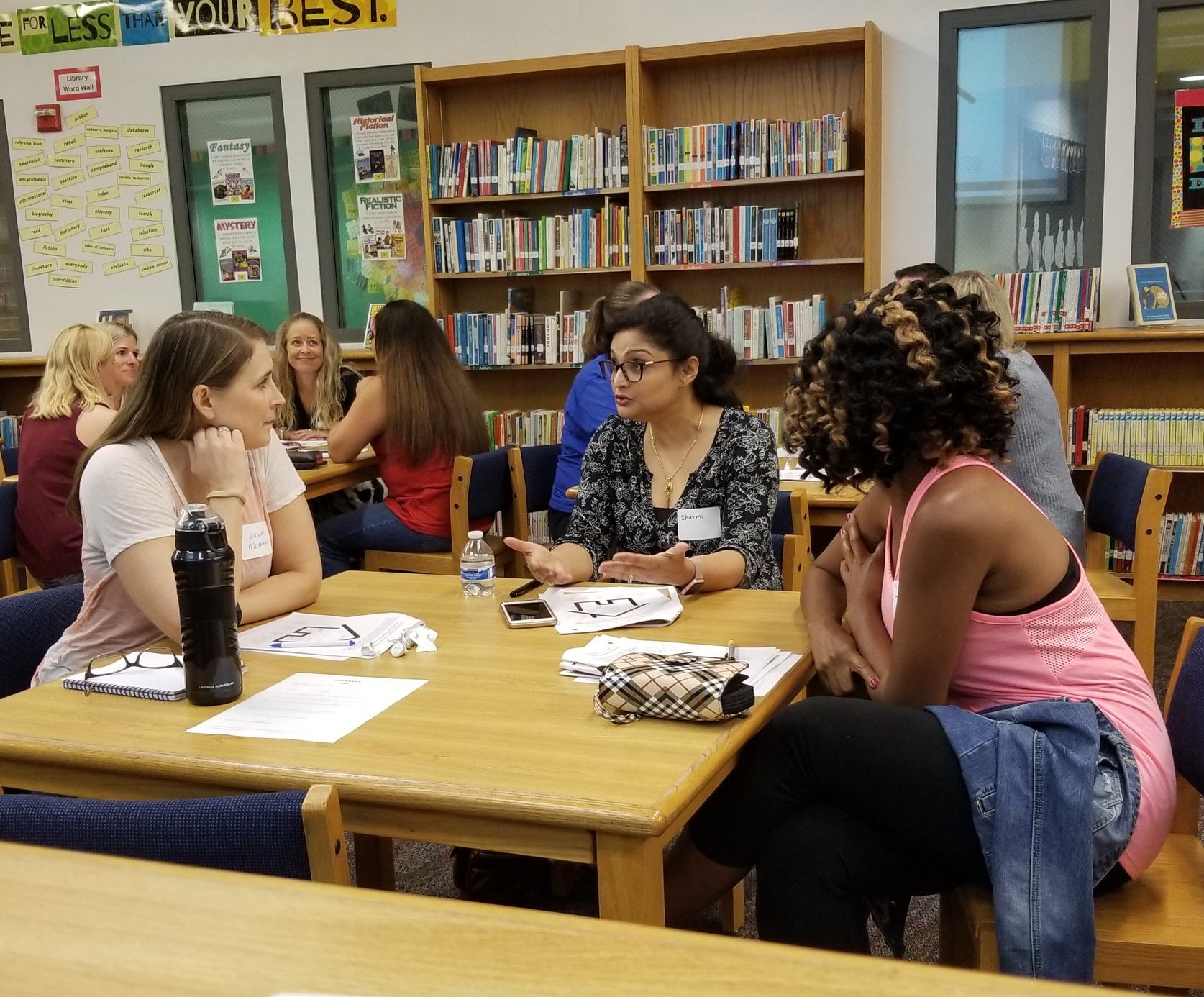
My husband and I have four kids – elementary and middle school age – who love screens. Not a book worm in the crowd. Like many families, they watched their fair share of Baby Einstein and The Wiggles in the baby and toddler years…sometimes over and over again – so I could make dinner, or nurse the baby, or heaven forbid sit down with the neighbor to have a glass of wine. These days, our kids love to play app-based games, watch videos, and play on their Xbox.
Like many parents, we are navigating the waters, day-to-day, the best we can. Our peers in parenting are old enough to have mostly grown up without digital devices (except the hallowed Atari and original Nintendo). Yet, we are also young enough to have a group of parents of high schoolers and young adults ahead of us who first experienced all of these screens and social media. And many of them are waving their arms to get our attention.
We are hearing statistics, as well as personal stories, about increases in anxiety, depression, online bullying, porn, lack of sleep, and even suicide rates. My husband and I are concerned. As it turns out, we’re not the only ones. But technology is also a gift, and there are many ways it makes our life better. We know there must be some way to experience the benefits, while limiting the downsides. But it feels overwhelming. We are navigating uncharted territories.
So, this fall, when we heard about START and the three-part parent series, we signed up and invited our friends. Committing to three Thursday evenings in a row was no small task, but we had a hunch it might just be worth our time. Over those three October evenings in our elementary school library, we gathered with other parents, hoping to determine healthy ways to raise children in this digital age. No one had all the answers. But we sat in community together with a common goal: figuring out how to manage the screens in our homes.
Through the START presentations, we heard impactful local statistics and considered how our screens compete for our time and attention. My husband and I set new goals (in line with our specific family’s priorities and values) for our family’s technology norms. Together, we realized that our own tech habits as adults and parents greatly influence our kids’ habits.
Not only was the presentation poignant and empowering, but we found helpful tips and encouragement within our immediate school community. As conversations unfolded in the room throughout the START series, parents got real. We sat face-to-face within our community of parents, and the parents of our children’s friends and peers shared vulnerably. Just knowing that we aren’t alone encourages us to continue to intentionally guide our family into a healthier technology environment within our own home. And knowing for a fact that we are NOT “the only ones” making different choices is empowering. It’s hard to make changes alone, but we discovered a shared desire within our local community to Stand Together And Rethink Technology. As a matter of fact, we are just getting STARTed.
-Lauren McMonagle, middle and elementary school parent in Leawood, KS